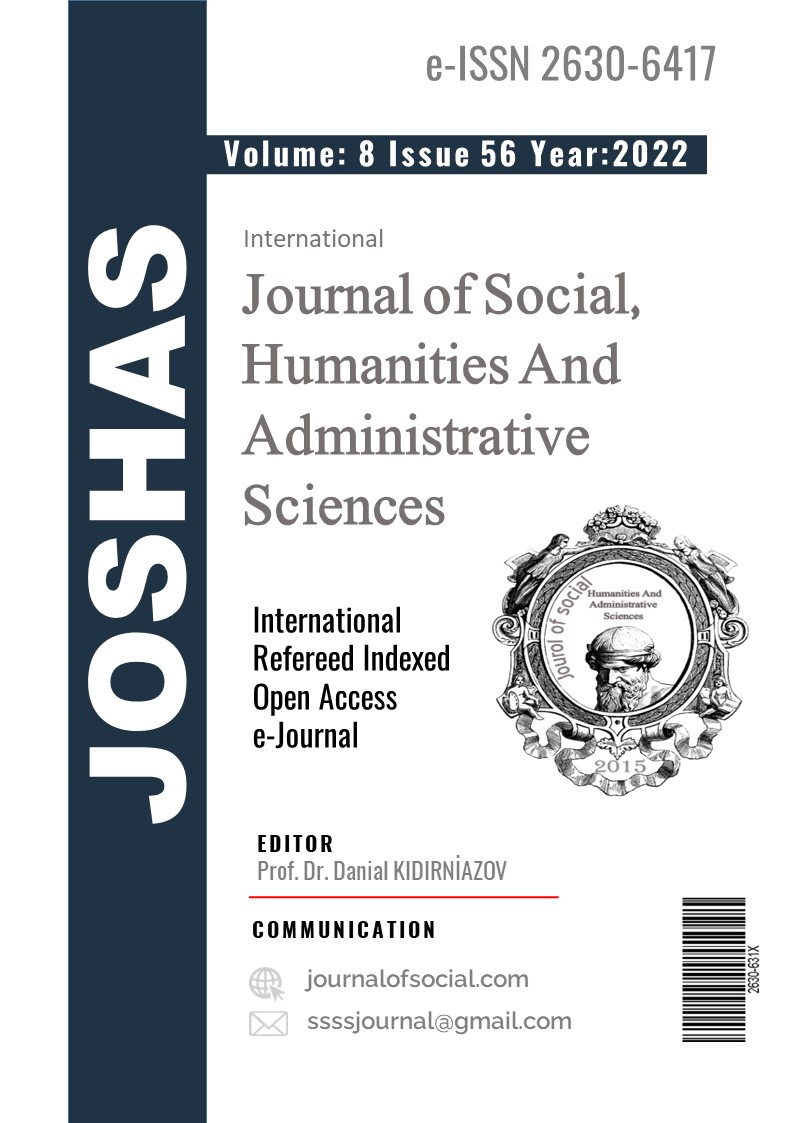Klasik Türk Edebiyatındaki Mektup Türünün Dinî-Tasavvufi Mevzuların Müzakeresinndeki Fonksiyonu ve “Tezkire-İ Sueda” Adlı Metin
Author :
Abstract
Geçmişi yazı tarihi kadar eski olan mektup türü tüm dünya edebiyatlarında olduğu gibi İslamiyetin etkisinde gelişen Türk edebiyatı için de her dönem önemini korumuş ve etkin bir şekilde kullanılmıştır. Özellikle mektubun işlevi ile Türk edebiyatı şairlerinin önemli bir kısmını teşkil eden mutasavvıfların hayat görüşü ve üstlendikleri misyonun birebir örtüşmesi bu türün temelden sağlam bir şekilde edebiyatımızda yer edinmesini sağlamıştır. Tasavvufi Türk edebiyatı mensupları dini inanç ve tasavvufi görüşlerini hem çağdaşları olan insanlara hem de gelecek nesillere ulaştırmak için sık sık mektup yazmış ve bu mektuplar bir yekûn teşkil edince kitaplaştırmışlardır. Bu çalışmada XIX. asrın sonu ile XX. asrın ilk çeyreğinde yaşamış önemli iki mutasavvıfın mektuplarını ihtiva ve tasavvufun bazı temel konularını izah eden Tezkire-i Sueda adlı eser irdelenmiştir. Transkribe edilen eser şekil ve muhteva açısından incelenmiştir.
Keywords
Abstract
The letter type, whose history is as old as the history of writing, has maintained its importance in every period and has been used effectively for Turkish literature, which has developed under the influence of Islam, as in all world literatures. In particular, the fact that the function of the letter and the life view of the Sufis, who constitute an important part of the poets of Turkish literature, and the mission they undertook matched exactly, provided this genre to have a solid place in our literature. Members of Sufi Turkish literature frequently wrote letters in order to convey their religious beliefs and mystical views to both their contemporaries and future generations, and when these letters formed a total, they were published in a book. In this study, the work titled Tezkire-i Sueda, which contains the letters of two important Sufis who lived in the late 19th century and the first quarter of the 20th century, and explains some of the basic issues of Sufism, has been examined. The transcribed work was examined in terms of form and content.





